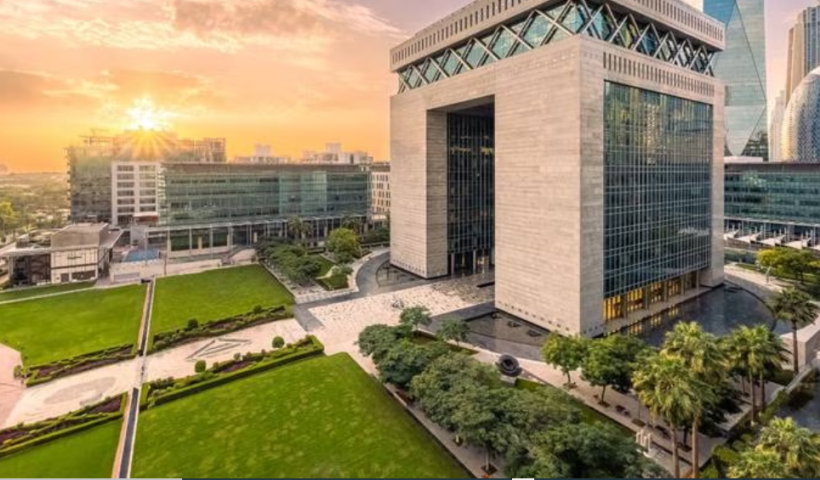According to a study, global investments in artificial intelligence are anticipated to reach $200 billion by 2025 and may have a greater effect on GDP.
According to a report by Goldman Sachs Economic Research, it may take a few years for AI investments to significantly affect the economy after a rather slow start.
However, according to the US bank’s economists Joseph Briggs and Devesh Kodnani, in order for AI to spark widespread transformation, businesses must make “significant upfront investments in physical, digital, and human capital in order to acquire new technologies and reshape business processes”.
These investments, which might total $200 billion globally by 2025, will likely be made before adoption and efficiency improvements begin to drive significant productivity increases.
If the research’s growth estimates are completely realized, long-term investments in AI may reach a peak of 2.5% to 4% of gross domestic product in the US and 1.5% to 2.5% in other countries that are leaders in the technology, according to Goldman Sachs.
“The US has been established as the market leader in AI technology, and American businesses will likely be relatively early adopters,” Mr. Briggs and Mr. Kodnani said.
“Although a similar outcome could occur in other AI leaders [like China] as well, the investment effect will probably greater.
According to Goldman Sachs, generative AI in particular has “enormous” economic potential and might increase global labor productivity by more than 1% per year in the ten years following widespread adoption.
Less than a quarter of US chief executives surveyed expect generative AI to have an impact on their business or reduce their requirement for labor during the next one to three years.
However, a sizable portion of them anticipate using AI within the next three to ten years.
:quality(70)/cloudfront-eu-central-1.images.arcpublishing.com/thenational/S2P3KJG7LVEKXAHAPNGYH2IKJM.png)
According to Goldman Sachs, if such timetables are accurate, adoption of AI “would likely begin to have an important effect on the US economy sometime around 2025 and 2030.”
Businesses have long employed AI in their daily operations, but generative AI has given it new life.
The system, which was developed by Microsoft-backed OpenAI and made famous by ChatGPT, can generate a variety of data types, including audio, code, photos, text, simulations, 3D models, and movies.
Following a spike in interest in 2019, investors invested more than $4.2 billion into generative AI start-ups through 215 deals in 2021 and 2022, according to latest data from CB Insights.
The market is becoming increasingly interested in AI. More than 16% of corporations in the US Russell 3000 index alone have cited the technology in their revenue calls, up from less than 1% in 2016, with over half of that rise occurring after the introduction of ChatGPT in November 2022, according to Goldman Sachs.
Other local economies are already seeing its potential. According to a report released last month by the PwC unit Strategy& Middle East, the GCC countries will profit economically by around $23.5 billion by 2030 as investment in generative AI continue to rise.
According to CB Insights, the “most promising” 50 private generative AI businesses are focusing on a variety of industries, including media and entertainment, drug discovery in the healthcare field, the creation of AI assistants, HMIs, and generation tools.
According to Goldman Sachs, “Our economists expect AI investment to be primarily driven by hardware expenditure to train AI models and run AI queries, as well as higher expenditures on AI-enabled software.”
According to the study, investments in AI are likely to be concentrated in four key business sectors: businesses that build and train AI models, businesses that provide the infrastructure (such as data centers to run AI applications), businesses that create software to run AI-enabled applications, and businesses that charge enterprise end users for the software and cloud infrastructure services.
Goldman Sachs stated that although it is difficult to predict when the AI investment cycle will begin, business surveys indicate that it is likely to start having an impact on investments in the second half of this decade, with earlier acceptance by larger firms in the information and professional, scientific, and technical services.





:quality(70)/cloudfront-eu-central-1.images.arcpublishing.com/thenational/765Z6FJTDJDXBBFFUOPDRT64X4.png)
:quality(70)/cloudfront-eu-central-1.images.arcpublishing.com/thenational/ZMZABJ3BZBAVLKPDTNPI75J4FQ.png)